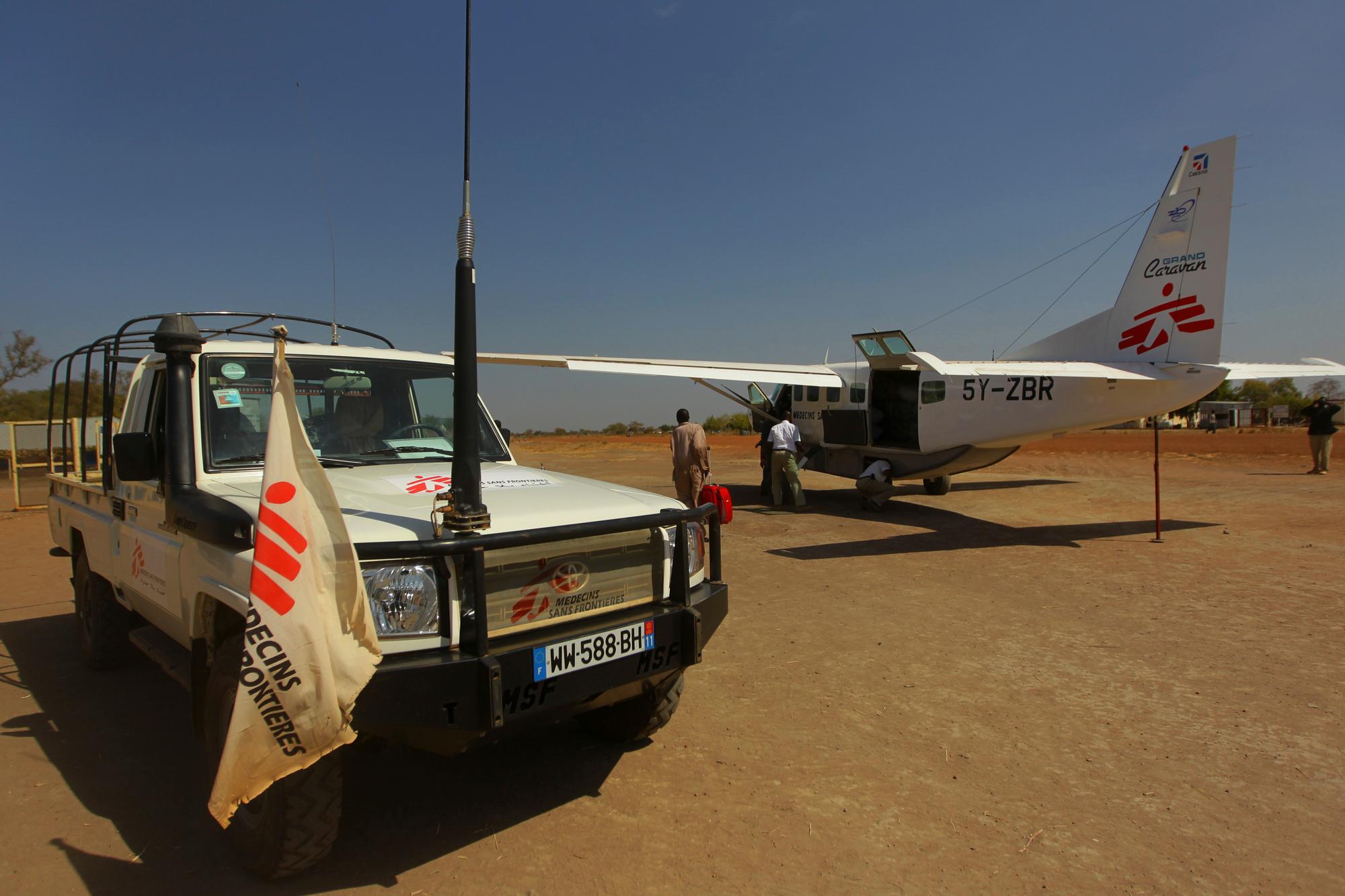{{ subitems[item.mlid].body }}
{{ subitems[item.mlid].linktitle }}The MSF Movement
Médecins Sans Frontières (MSF) is a worldwide movement. We are owned and run by our staff, past and present. Collectively, they make sure that MSF stays true to its mission and principles.
Our donors are a vital part of the movement — your generosity and support helps fund everything we do, with almost 90 per cent of our income coming from individual donations. This allows us to stay independent, neutral and impartial — and to quickly access those in greatest need.
We have helped millions of people since MSF was established in 1971. The movement has grown and we now work in more than 70 countries around the world, with teams ready for any new emergency.
MSF Associations
Present or former MSF employees or volunteers define and guide MSF’s social mission through the MSF associations. There are 23 MSF associations around the world.
You can read more about how MSF associations work here.
Operations Centres
There are five operational centres that decide when, where and what medical care is needed. These centres are based in Brussels, Paris, Amsterdam, Barcelona and Geneva.
The OCs can act independently but all layers of MSF interconnect and work together, and are formally bound as one movement by a shared name, a shared commitment to the MSF Charter and principles, and shared membership in MSF International.
MSF sections
MSF Canada, like the other 18 main MSF national offices across the globe, works with the OCs to recruit staff and raise the money needed to provide care where it is needed most. The national offices also provide specialist technical support and speak out on behalf of the people we are helping.
These offices are in Australia, Austria, Belgium, Canada, Denmark, France, Germany, Greece, Hong Kong, Italy, Japan, Luxembourg, the Netherlands, Norway, Spain, Sweden, Switzerland, the UK and the US. MSF has also has branch offices in Argentina, Brazil, the Czech Republic, India, Ireland, Mexico, South Africa, South Korea and the United Arab Emirates.
MSF International has its offices in Geneva, as does the MSF Access Campaign. There is a UN liaison office in New York.
Three specialized public health centres — Epicentre, Aedes and HealthNet — work with MSF to help expand expertise in specialist medical issues.
Other units, including supply centres and medical units, also support our field work.
Other MSF projects
MSF Access Campaign
The MSF Access Campaign was set up in 1999 to push for access to, and development of, life-saving and life-prolonging medicines, diagnostic tests and vaccines for patients in our programs and beyond.
We started this project using the prize money from the Nobel Peace Prize, which MSF was awarded in 1999.
Click here for the Campaign for Access to Essential Medicines website
MSF field research
MSF is well known for its humanitarian medical work, but it has also produced important research based on its field experience with vulnerable populations.
The UK office has a specialist research team, called the Manson Unit, which analyzes and refines our responses to specific diseases. We also run annual Scientific Day events to showcase our research.
This website archives MSF's scientific articles and makes them available for free, in an easily searchable format.
Click here for the MSF Field Research website
DNDi
For more than 40 years, MSF has directly witnessed the human cost of the lack of drugs for neglected diseases and has raised its voice against this inequity.
In 2003, seven organizations from around the world joined forces to establish the Drugs for Neglected Diseases Initiative (DNDi).
Click here for the DNDi, Drugs for Neglected Diseases Initiative website
International office
The International office in Geneva is the focal point for the other MSF offices and is where important joint decisions are made.
Our international president is Dr. Joanne Liu, a pediatric emergency physician from Montreal who has been involved with MSF since 1996.
Dr. Liu has worked in Somali refugee camps in Kenya, the Democratic Republic of Congo, Honduras, Haiti, Ethiopia, Nigeria, Indonesia, the Palestinian Territories, Uganda, Sudan and Sri Lanka.
Click here to visit the MSF International website
-
{{{one.node.title}}}
{{{one.node.body}}}
